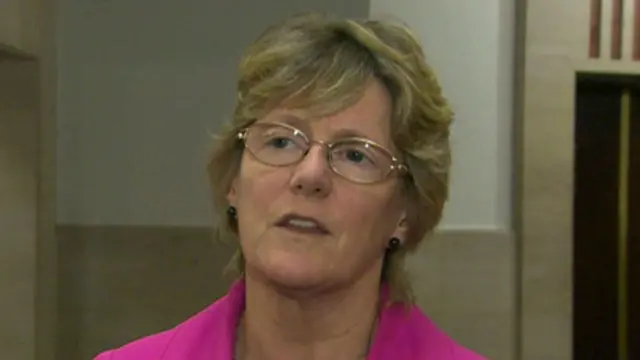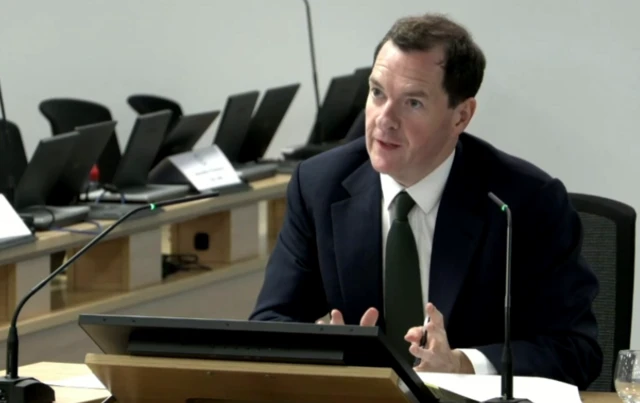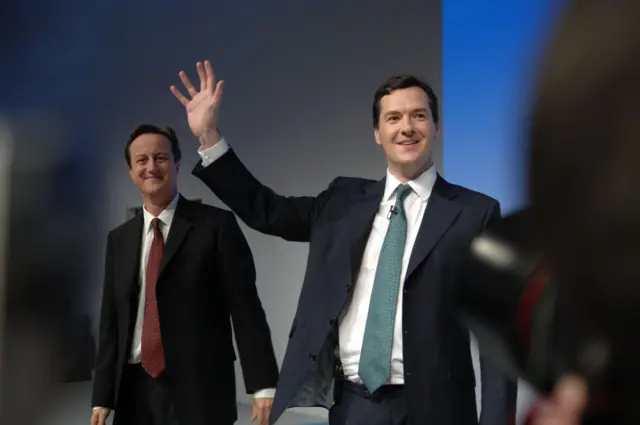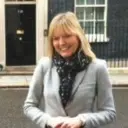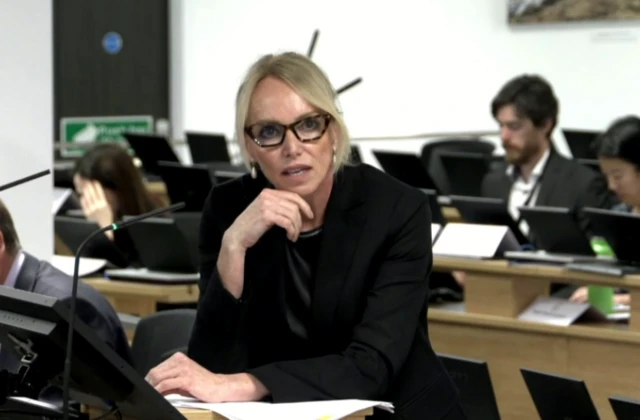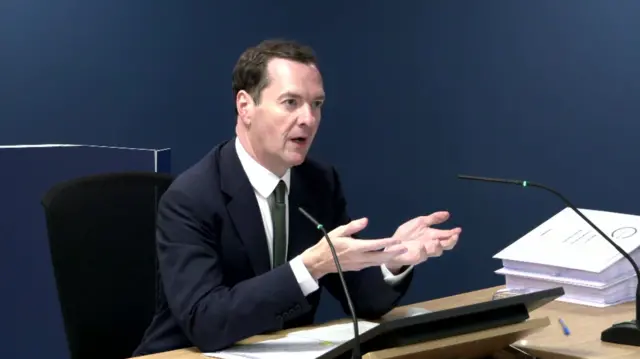What did George Osborne say?published at 14:02 BST 20 June 2023
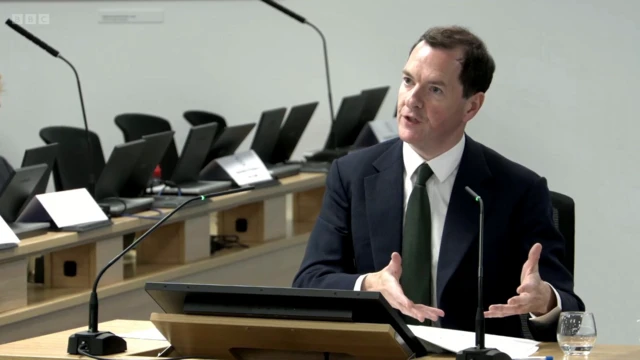
Former Chancellor George Osborne took questions at the Covid Inquiry just before lunch. Here's a recap of what he said:
- Osborne began by expressing "heartfelt sympathy to all those who lost a loved one during the pandemic"
- He said the Treasury could not be held directly responsible for the government’s unpreparedness during the pandemic, but said it should have been asked about pandemic preparedness
- Osborne said the Treasury did not plan for the lockdown, telling the inquiry there was "no assumption that you would ask the population to stay at home"
- He said China gave the world the idea of lockdowns, and that overwhelmed hospitals in Italy convinced Western governments that a lockdown was required
- He told the inquiry that Brexit took resources away from risk planning
- Osborne rejected the suggestion that austerity measures imposed during his time in office had depleted health and social care capacity in the UK by the time the pandemic struck
- Echoing David Cameron yesterday, he robustly defended his economic policies of reduced government spending in 2010 – during which cuts were introduced in welfare spending, school building programs, local government, police, courts and prisons


